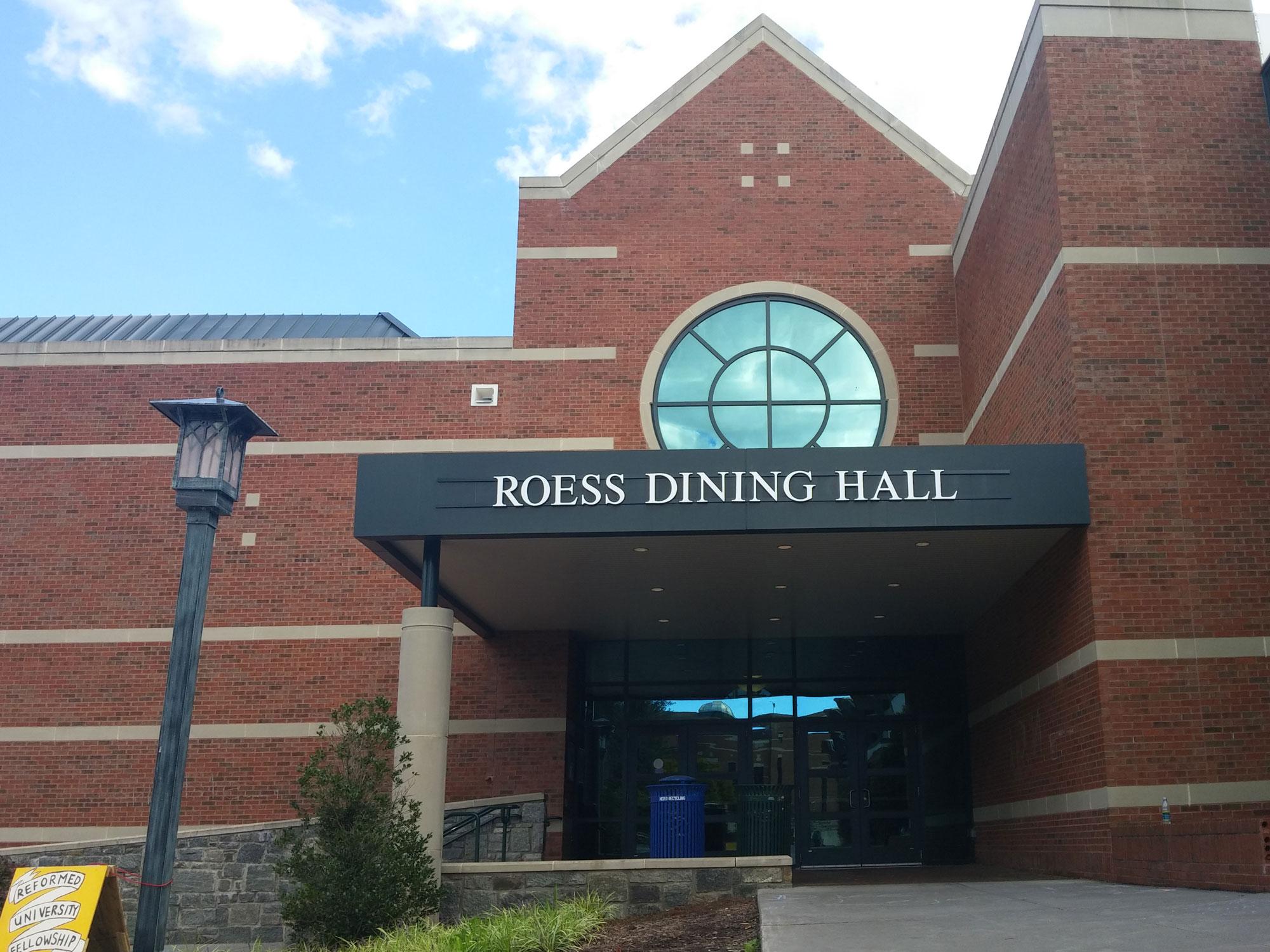REI, a student organization at Appalachian State University dedicated to sustainability and energy efficiency, is working on two notable projects to provide Appalachian State with cleaner, more efficient energy.
One of REI’s major projects is to install a solar thermal system in Roess Dining Hall. A solar thermal system is a method of heating water in a more efficient way than the traditional methods. With a solar thermal system, water is heated up by a system of pipes, which are in turn heated by solar panels on the roof. The process is known as a heat transfer.
Joshua Brooks, a graduate student and member of REI, said the solar thermal system is far more efficient than the more common alternatives because it completely eliminates the need for fossil fuels.
Although Roess Dining Hall consumes too much water for it to be heated solely through a solar thermal system, Brooks said that the dining hall could save 10 percent of its water heating energy use over the next seven years.
According to Brooks, students should be excited about the initiative because the savings generated by the system could benefit students as well as the environment.
“Since the dining hall functions separately of the university, cuts in expenditures mean their prices could drop as well,” Brooks said. “Even if it’s nothing more than 50 cents less for a cheeseburger, this could impact every student.”
Daniel Stevenson, a junior appropriate technology major and the chair of REI, said they only need to finish the last stages of creating the plan, and then they can begin looking for a contractor to do the installation. Once a contractor is chosen to do the work, the installation shouldn’t take more than six weeks to complete.
“We’re still working on the design, and excluding minor changes, we’ve pretty much got what we want,” Stevenson said.
Once the solar thermal system is installed in Roess Dining Hall, REI hopes to begin integrating solar thermal systems in other buildings on campus, including Trivette Dining Hall.
The other project REI is working on is to build a photovoltaic system at State Farm parking lot that would connect into the city’s power grid.
This is the largest project REI has ever undertaken, and Stevenson said he believes it could garner national recognition.
The system would consist of canopies of solar panels that stretch over the lot.
“The goal of this system is to take a larger chunk out of ASU’s energy consumption than REI’s ever been able to do before,” Brooks said.
The photovoltaic system could save close to 360,000 kilowatt hours per year, according to Brooks.
However, the initiative is under a time crunch. Due to the larger scale of the project, REI plans on hiring a private contractor to build the system. That company would agree to own the photovoltaic system for six years, and then donate it back to REI. However, the state of North Carolina is removing a tax credit previously offered to private enterprises who undertake such jobs, and REI is waiting to hear back from the state Board of Governors on whether or not they’ll be able to hire a private enterprise.
If they find out they are allowed to proceed before the end of the year, construction could commence. However, if they don’t hear back in time, or are told they can’t hire a private contractor, the project will have to be put on hold for several years, until the time when solar technology is cheap enough that REI could install the system itself.
“It’s terrible, but this project is being held up down in Raleigh,” Stevenson said. “Students are trying to do innovative work, and trying to push towards a new future for all people, but we need the support of our state lawmakers.”
Taylor Siegel, the head of public relations for REI, hopes these projects make students more aware of the work REI does and the importance of sustainability.
“Renewable energy is very much a stepping stone for the future, and as a university, it should be a part of our goal to grow towards that future,” Siegel said. “Some people don’t know about that, and that’s why I think REI is so
important.”
Story by: Tommy Culkin, News Reporter

